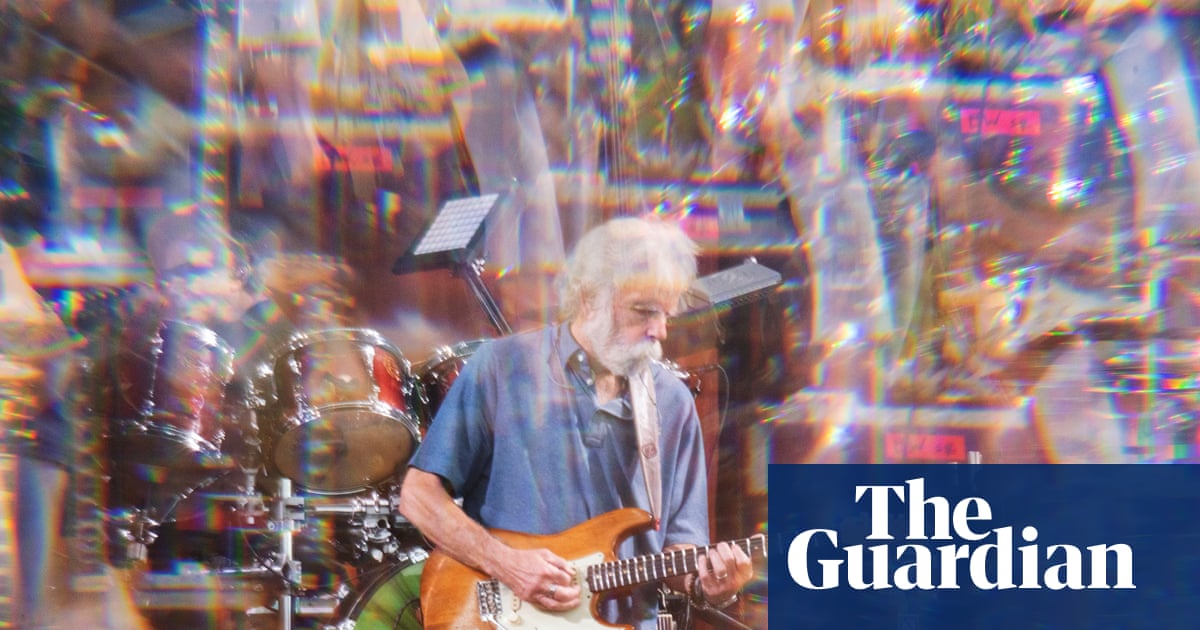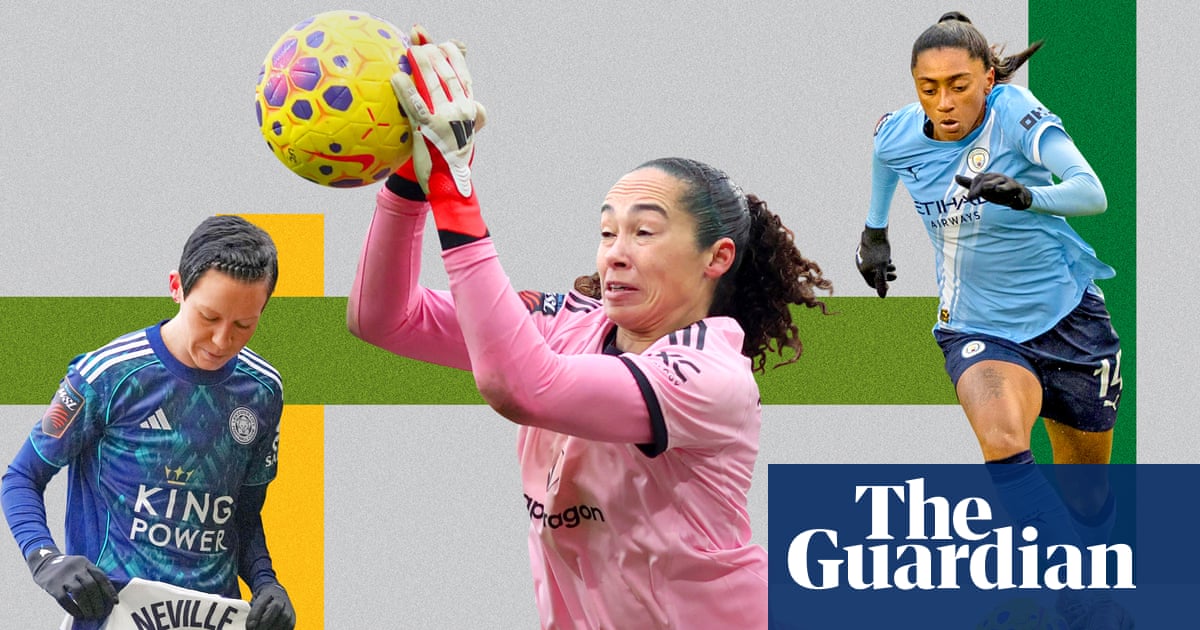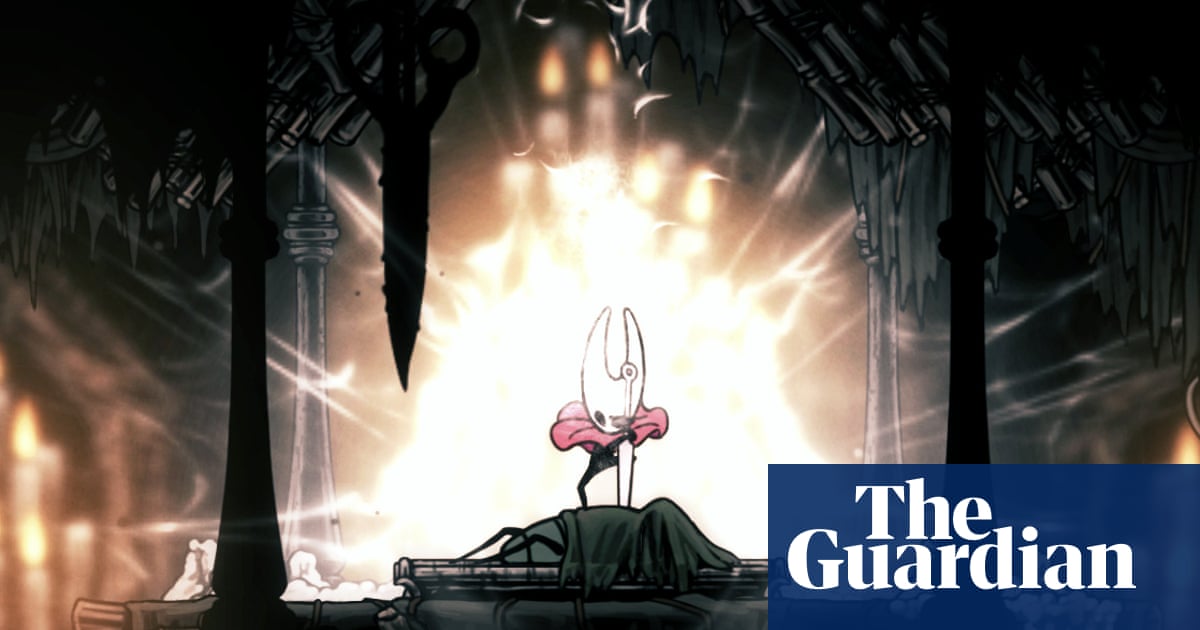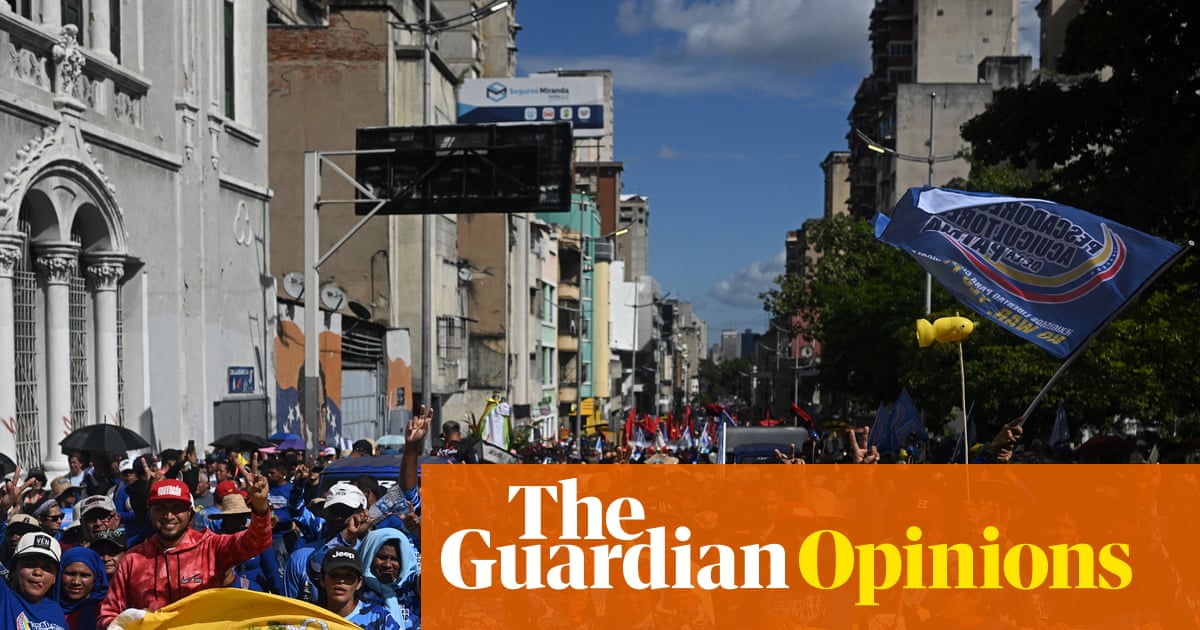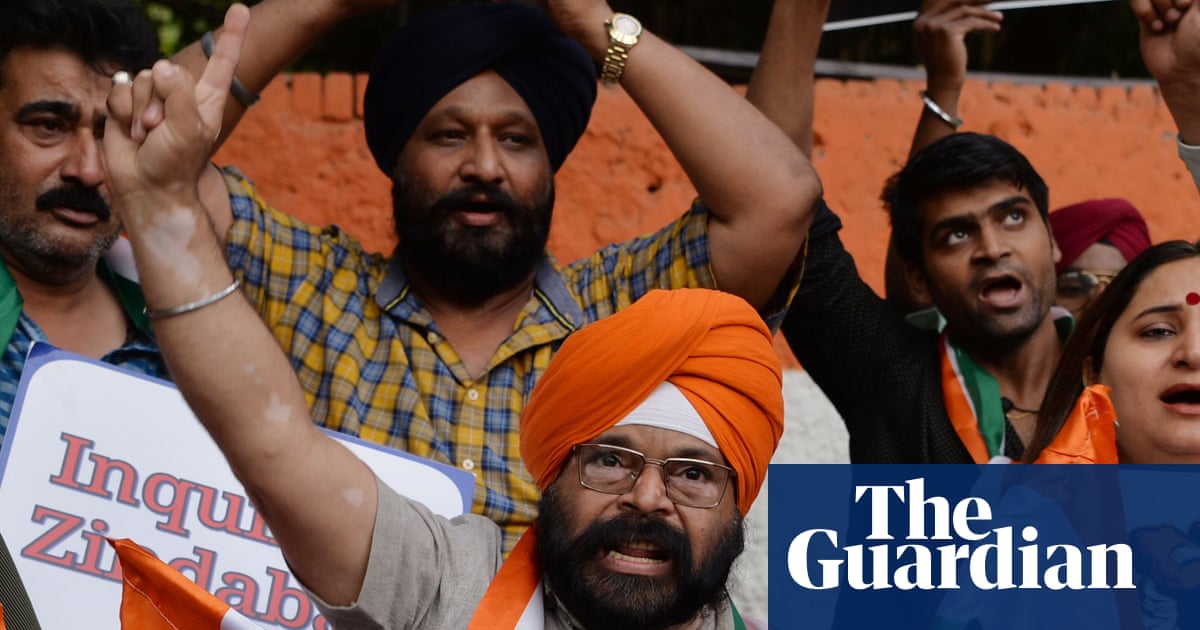Every year for as long as I have been alive (read: since 1988), the annual Game Developers Conference has been held in California. It started out as essentially a house party: a gathering of 27 people in the living room of Atari designer Chris Crawford. By the mid-90s it had left Chris’s house and grown to more than 4,000 attenders, and in 2005 found a permanent home in San Francisco’s Moscone Center. These days, about 30,000 game development professionals of all kinds attend every year. The online GDC Vault is a precious trove of game development history and useful advice for any gaming discipline.
GDC has developed a bit of an image problem in recent years, however, as we have reported before. It’s prohibitively expensive for developers: a conference pass is more than $1,500, and travel and accommodation in one of the world’s most expensive cities quickly multiplies the total cost to anywhere from $5,000 to $10,000 (even for a hotel room with approximately the dimensions and safety of a phone booth).
On top of that, since Trump was re-elected president, a large percentage of the global video game development community is reluctant to visit the US. And the vibe of the event has been somewhat soured by the sudden withdrawal of funding from the entire games industry, alongside the threats to developers’ livelihoods from AI and ever-present layoffs. If nobody is funding games, what’s the point of travelling for days and spending thousands to attend some meetings?
As Jon Ingold, founder of UK studio Inkle, puts it: “GDC as an industry brokerage doesn’t make sense when there’s no money, no hiring, and the US is a hostile place to be … I fear whatever they do instead is too little too late; the executive club don’t leave much behind when they move out.”
Perhaps this is why the event has decided to rebrand. On Monday night it was announced that Game Developers Conference is now GDC: Festival of Gaming. A vision presentation promises “a full week of opportunity” in “a space where the full B2B games ecosystem connects”. It is quite hard to discern from this presentation what will actually be changing, but the key takeaways seem to be that getting a pass will be simpler, and events will now be all over the city rather than just at its Moscone conference centre.

Unfortunately this rebrand does not address the concerns that developers have been expressing for years: namely, that access isn’t good enough, and that San Francisco (and perhaps, at this point, the US more broadly) is a terrible place for a global games conference. “Despite clear Covid-era evidence that GDC could be digitally accessible, and there being no reason but [organiser] Informa’s bottom line for the event being so expensive, GDC remains offline-only and the ticket prices obscene,” says independent game developer and consultant Rami Ismail, who has long been vocal about GDC’s problems on behalf of the global developer community. “Many developers around the world spend thousands to have their visas rejected after months or even years of wait. Even if they get the visa, the US has never been a safe place to visit, in terms of weapons, crime and health costs. [And] the Trump administrations’ institution of alt-right populism has made it unacceptably dangerous to even enter the country for most.”
This statement is not overblown. Stories about visitors to the US being refused entry to the country and deported or – much worse – detained by Ice have been everywhere since Trump’s re-election. People are travelling with burner phones and scrubbing their social media. Anecdotally, many European developers and journalists, myself included, are reluctant to travel to the US under the current administration. For people coming from Arabic or South American countries, the concerns are significantly greater.
I think most of the global game development workforce would agree that the US doesn’t make sense as a hub for the industry any more. San Francisco used to be one of the world’s centres of game development, and it still is home to some top-class companies and studios, but I can’t be the only one who feels that the city has been hollowed out by Silicon Valley types and no longer has the creative atmosphere that it did.
There’s an easy alternative: Canada’s generous tax breaks have made it a very attractive place to develop games, and its current government is not actively hostile to foreigners. Local game developer gatherings exist in most countries, from Brighton’s Develop in the UK to Games Connect in Australia. Gamescom now takes place in Cologne, Singapore and Brazil, with growing developer events alongside the public-facing ones. There’s nothing that the GDC organisers can do about the Trump administration, but if it wants to retain its position as a professional gaming nexus, it’s going to take more than a rebrand to make the case.
What to play
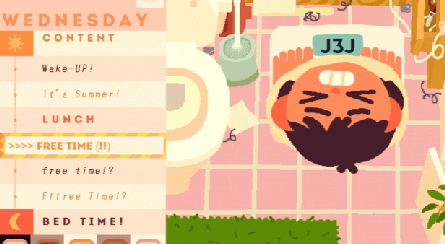
Video game season is ramping up and there’s plenty to choose from: Supergiant’s painfully stylish mythological action game Hades II is just out of early access, and it’s excellent. Horror reboot Silent Hill f is also delighting (most) critics.
I am playing Consume Me, developer Jenny Jiao Hsia’s uncomfortably funny game about surviving high school at the height of 2000s diet culture. As you go about Jenny’s relatable teenage life – involving absurd mini-games about trying to concentrate in class and walking the dog – you’re also having painfully awkward conversations with your parents about your weight, trying to Tetris foodstuffs on to your plate and waking up with food anxiety.
This will be an uncomfortable topic for many people; it brings back depressing memories about the disturbing female body standards of the 2000s, and it may feel difficult to enjoy if you’ve ever struggled with disordered eating (or known someone who has). But these things are handled with humour, compassion and enough satirical bite (sorry) to make the discomfort worthwhile.
Available on: PC
Estimated playtime: five hours
after newsletter promotion
What to read

-
The developers of last year’s breakout hit Palworld – still embroiled in legal action from the Pokémon Company over its similarity to the world’s most popular creature-collecting game – have announced a new game: Palfarm, which mashes up Palword’s cute creatures with a Stardew Valley-esque life sim.
-
I have been massively enjoying TV comedy writer Mike Drucker’s video game memoir, Good Game, No Rematch, which recently became available in the UK – it’s an insight into what a Nintendo childhood looked like on the other side of the Atlantic, where the NES reigned supreme, and a very funny chronicle of how a video game-obsessed kid ended up writing for games as an adult.
-
For years, our games correspondent Keith Stuart has been valiantly pursuing the question: why do some people invert their controls? For some reason, his original 2020 story about this remains one of our most-read articles ever, and has prompted a group of scientists to start investigating. Well, those researchers finally have an answer: it’s to do with how your brain perceives 3D space.
Question Block

On the back of last week’s issue about video game dialogue-worms, reader William asks:
“I feel like there are quotes from various video games that can act as words to live by. Two of my favourites include: “Don’t hesitate; when the time comes, just act” (Wolf O’Donnell, Star Fox Assault) and “A stubborn enough person can survive just about anything; rage is a hell of an anaesthetic” (Zaeed Massani, Mass Effect 2). Which video game words of wisdom have struck a chord with you?”
This is perhaps an unpopular opinion, but I believe that video games are usually profound by accident. Many of the stickiest quotes from games arise from some quirk of translation or voice acting (“I used to be an adventurer … but then I took an arrow to the knee”, “All your base are belong to us”, “Jill, the master of unlocking”). They’re often memorable for their absurdity rather than their deep meaning.
That said, the phrase “It’s dangerous to go alone – take this” from the original Legend of Zelda has somehow made its way into my avoidant heart as genuine words of warmth, and “The right man in the wrong place can make all the difference in the world” from Half-Life 2 has stuck with me.
This is a good one to open up to the readership: do you have a video game quote that actually means something to you?
If you’ve got a question for Question Block – or anything else to say about the newsletter, including your favourite game quotes – hit reply or email us on [email protected].

 3 months ago
91
3 months ago
91

